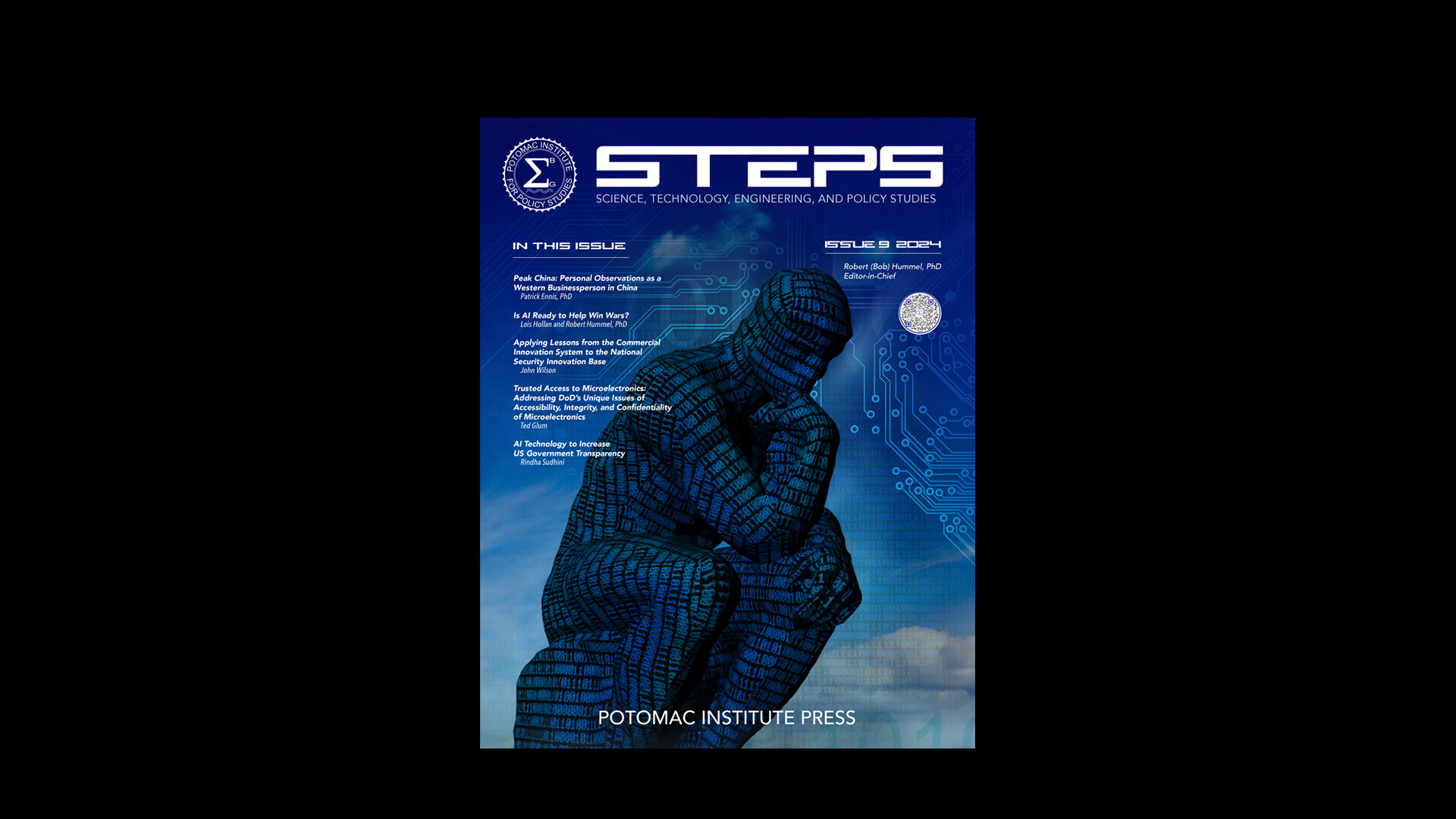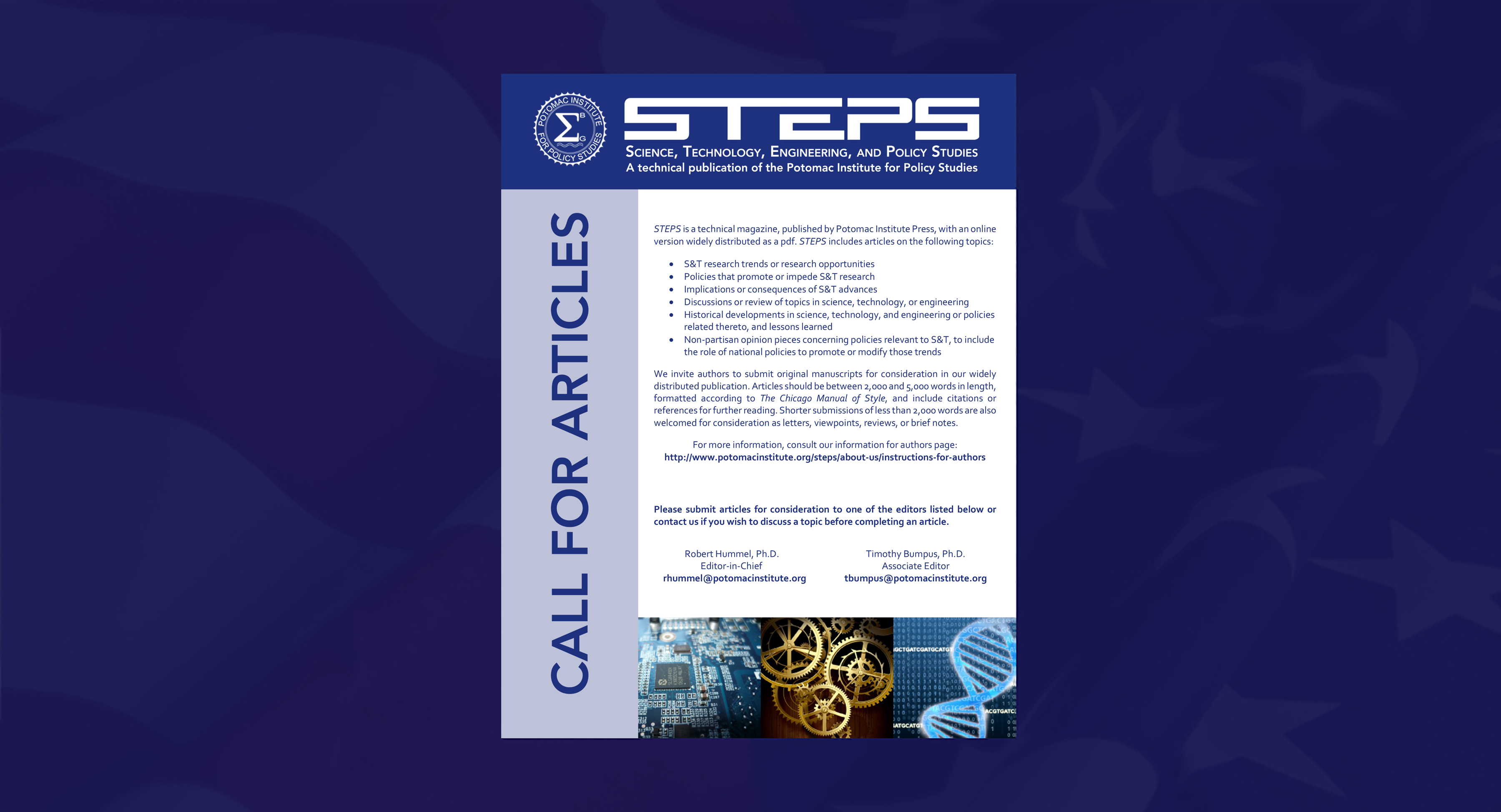On January 19, the Potomac Institute for Policy Studies was pleased to present a lecture by Dr. Tawfik Hamid, the Institute's Chair for the Study of Islamic Radicalism, on "Reformation of Islam: The Challenge and the Future." In his talk, Dr. Hamid discussed his view of the need for a reformation within Islam, as well as the challenges and obstacles to reform. Click below to watch a video of the event.
{flv}Hamid reformation of Islam{/flv}

















